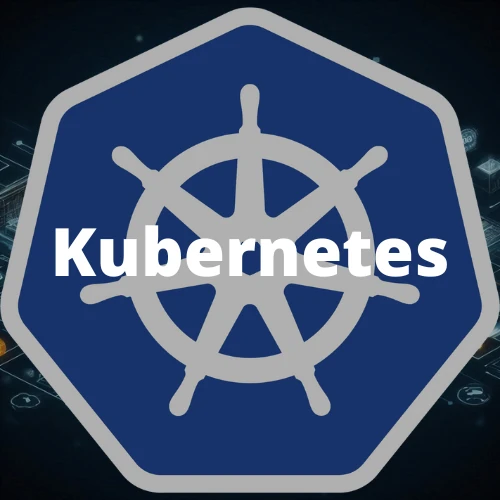Restart Kubernetes pods following a schedule using Helm

In my previous post I showed you how to restart Kubernetes pods following a schedule using Kubectl. This time, I will show you how to do the same using Helm.
Helm is a package manager for Kubernetes that simplifies application deployment and management by packing pre-configured Kubernetes resources.
Practical case
Let’s continue using the practical case of the previous post, imagine that we want to restart all the pods of this Kubernetes Deployment:
apiVersion: apps/v1
kind: Deployment
metadata:
name: hello-world
namespace: apps
spec:
replicas: 5
selector:
matchLabels:
app: app1
template:
metadata:
labels:
app: app1
spec:
containers:
- image: crccheck/hello-world
name: hello-world
It uses the label “app”, so, the Kubectl command to restart all the pods of this Kubernetes Deployment is:
kubectl delete -n apps pods --selector=app="app1"
As we remember from the previous post, we need to:
- Create an identity for the pod for which we will use a Kubernetes ServiceAccount.
- Create a set of permissions for that identity for which we will use a Kubernetes Role.
- Assign the set of permissions to the identity, for which we will use a Kubernetes RoleBinding.
- Deploy a Kubernetes CronJob with the identity previously mentioned.
Process
Let’s create a new Helm chart:
helm create demo
Delete some of the pre-created files and use this template:
├── charts
├── templates
│ ├── ServiceAccount.yaml
│ ├── Role.yaml
│ ├── RoleBinding.yaml
│ └── CronJob.yaml
├── Chart.yaml
└── values.yaml
Define variables (values.yaml)
# The name of the app from which we will delete its pods.
appName: 'app1'
# The namespace of the app from which we will delete its pods.
appNamespace: 'apps'
# The name that the ServiceAccount will have.
serviceAccountName: 'app1-pod-deleter'
# The name that the Role will have.
roleName: 'delete-pods'
Create the ServiceAccount (templates/ServiceAccount.yaml)
apiVersion: v1
kind: ServiceAccount
metadata:
name: '{{ .Values.serviceAccountName }}'
namespace: '{{ .Values.appNamespace }}'
Create the Role (templates/Role.yaml)
- The target resource is pods.
- The necessary permissions/verbs are:
listanddelete.
apiVersion: rbac.authorization.k8s.io/v1
kind: Role
metadata:
name: '{{ .Values.roleName }}'
namespace: '{{ .Values.appNamespace }}'
rules:
- apiGroups:
- ''
resources:
- pods
verbs:
- list
- delete
Create the RoleBinding (templates/RoleBinding.yaml)
apiVersion: rbac.authorization.k8s.io/v1
kind: RoleBinding
metadata:
name: '{{ .Values.roleName }}-{{ .Values.serviceAccountName }}-binding'
namespace: '{{ .Values.appNamespace }}'
roleRef:
apiGroup: rbac.authorization.k8s.io
kind: Role
name: '{{ .Values.roleName }}'
subjects:
- kind: ServiceAccount
name: '{{ .Values.serviceAccountName }}'
namespace: '{{ .Values.appNamespace }}'
Deploy the CronJob (templates/CronJob.yaml)
- The cron schedule expressions “0 0 * * *” means to execute it everyday at 00:00.
apiVersion: batch/v1
kind: CronJob
metadata:
name: 'delete-{{ .Values.appName }}-pods'
namespace: '{{ .Values.appNamespace }}'
spec:
jobTemplate:
metadata:
name: 'delete-{{ .Values.appName }}-pods'
spec:
template:
spec:
serviceAccountName: '{{ .Values.serviceAccountName }}'
containers:
- command:
- kubectl
- delete
- pods
- --selector=app={{ .Values.appName }}
image: bitnami/kubectl:1.31.3
name: 'delete-{{ .Values.appName }}-pods'
resources: {}
restartPolicy: OnFailure
schedule: '0 0 * * *'
Categories
Automation Development tools Infrastructure Kubernetes Programming guide Software architectureTags
Recent Posts
Enable SSH Server in the Windows Subsystem for Linux (WSL)
Restart Kubernetes pods following a schedule using Helm
Restart Kubernetes pods following a schedule using Kubectl
Create an Azure Key Vault with RBAC role assignments using Terraform
Get the download url of the latest GitHub release using Bash or PowerShell